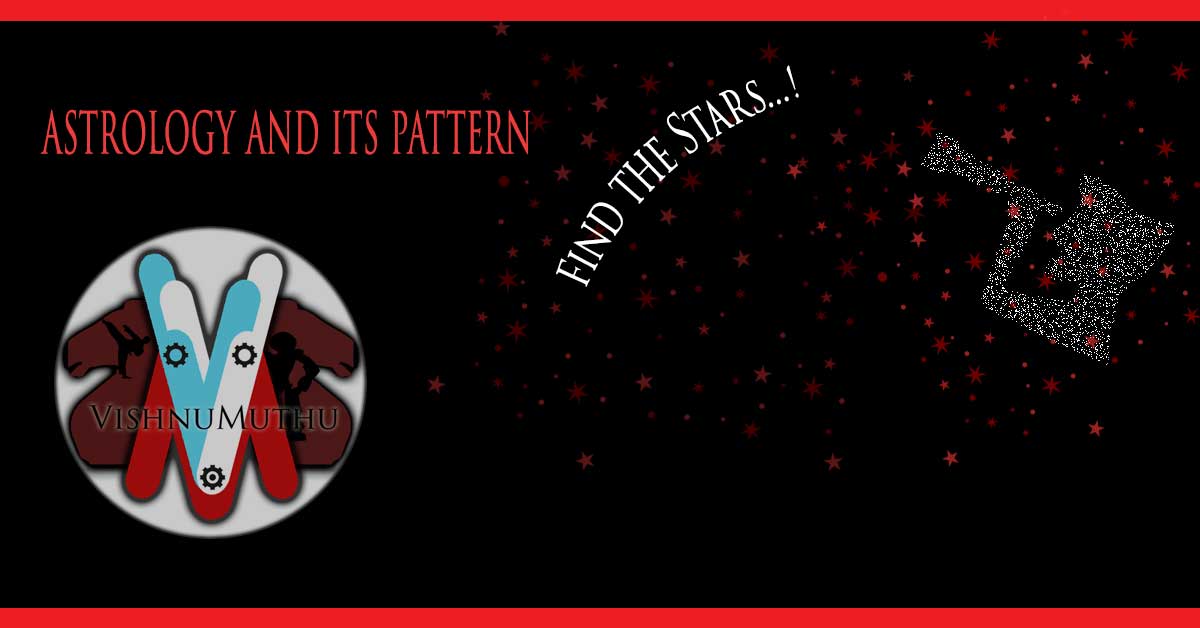The Planets and growth in Astrology
Astrology is an ancient practice that ascribes significant meaning to the movements and positions of celestial bodies. Each planet is believed to influence human life in specific ways, shaping our personalities, relationships, and life experiences. Additionally, traditional astrology often associates each planet with particular medicinal properties and remedies. Below, explores the characteristics, behavior, relationships, and medicinal correspondences of each planet in astrology.
The Sun: Vitality, Authority, and the Heart
Behavior and Relation: The Sun symbolizes the core self, vitality, authority, and the conscious mind. It governs the ego, willpower, and creative energy, influencing how we express ourselves and pursue our goals.
Character: The Sun is linked to confidence, leadership, and charisma. Its placement in a natal chart highlight where an individual is likely to shine and exert influence.
Medicinal Correspondence: The Sun is associated with the heart, circulatory system, and overall vitality. In traditional medicine, remedies that boost heart health, improve circulation, and enhance overall energy, such as hawthorn and ginseng, are linked to the Sun.

The Moon: Emotions, Nurturing, and the Digestive System
Behavior and Relation: The Moon governs emotions, instincts, and the subconscious mind. It influences how we respond to our environment and how we seek comfort and security.
Character: The Moon is associated with intuition, sensitivity, and nurturing qualities. It plays a significant role in shaping one’s emotional nature and connection to family and home.
Medicinal Correspondence: The Moon is connected to the stomach, digestive system, and fluids in the body. Herbs that soothe the digestive tract and balance bodily fluids, such as chamomile and peppermint, are associated with the Moon.
Mercury: Communication, Intellect, and the Nervous System
Behavior and Relation: Mercury represents communication, intellect, and reasoning. It governs how we think, process information, and interact with others.
Character: Mercury is linked to adaptability, curiosity, and analytical skills. Its influence determines how one communicates and handles everyday tasks.
Medicinal Correspondence: Mercury is associated with the nervous system, respiratory system, and cognitive functions. Remedies that support mental clarity and respiratory health, such as ginkgo biloba and eucalyptus, are connected to Mercury.
Venus: Love, Beauty, and the Reproductive System
Behavior and Relation: Venus symbolizes love, beauty, pleasure, and relationships. It influences our approach to affection, attraction, and what we value in life.
Character: Venus is linked to charm, harmony, and sensuality. It plays a crucial role in how we form relationships and experience pleasure.
Medicinal Correspondence: Venus is associated with the reproductive system, kidneys, and skin. Herbs and remedies that support reproductive health and skin care, such as rose and evening primrose oil, are linked to Venus.
Mars: Action, Desire, and Muscles
Behavior and Relation: Mars represents action, drive, and physical energy. It governs our desires, ambitions, and how we assert ourselves.
Character: Mars is associated with courage, assertiveness, and competitive spirit. Its placement reveals how one pursues goals and handles conflicts.
Medicinal Correspondence: Mars is connected to the muscles, blood, and adrenal glands. Stimulant herbs and remedies that boost physical strength and combat fatigue, such as cayenne pepper and ginger, are associated with Mars.
Jupiter: Expansion, Growth, and the Liver
Behavior and Relation: Jupiter symbolizes expansion, growth, optimism, and wisdom. It governs higher learning, spirituality, and the pursuit of knowledge.
Character: Jupiter is associated with generosity, abundance, and good fortune. It influences where one is likely to experience growth and prosperity.
Medicinal Correspondence: Jupiter is linked to the liver, fat metabolism, and the endocrine system. Herbs that support liver health and metabolism, such as dandelion and milk thistle, are connected to Jupiter.
Saturn: Discipline, Structure, and the Bones
Behavior and Relation: Saturn represents discipline, responsibility, structure, and limitations. It governs how we handle challenges, authority, and time.
Character: Saturn is associated with wisdom, patience, and perseverance. It highlights areas of life where one may face challenges but also opportunities for growth through hard work.
Medicinal Correspondence: Saturn is connected to the bones, teeth, and joints. Remedies that strengthen bones and alleviate joint issues, such as comfrey and calcium supplements, are linked to Saturn.
Rahu and Ketu: Karmic Nodes and Psychological Health
Behavior and Relation: Rahu (North Node) and Ketu (South Node) represent karmic influences and spiritual lessons. Rahu symbolizes future aspirations and material desires, while Ketu signifies past experiences and spiritual growth.
Character: Rahu is linked to ambition, obsession, and materialism, while Ketu is associated with detachment, wisdom, and spiritual insight.
Medicinal Correspondence: Rahu and Ketu are connected to psychological health, often influencing mental imbalances and spiritual crises. Remedies that balance the mind and promote spiritual well-being, such as holy basil (tulsi) and ashwagandha, are associated with these nodes.
Each planet in astrology is more than just a celestial body; it is a dynamic force that shapes various aspects of life, from our personalities to our health. By understanding the behavior, relationships, and characteristics of each planet, as well as their medicinal correspondences, we gain a holistic perspective on how these cosmic influences manifest in our daily lives. This integration of astrological and medicinal knowledge continues to provide valuable insights for those seeking to balance their physical, emotional, and spiritual well-being.



Leave a Reply